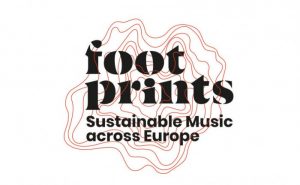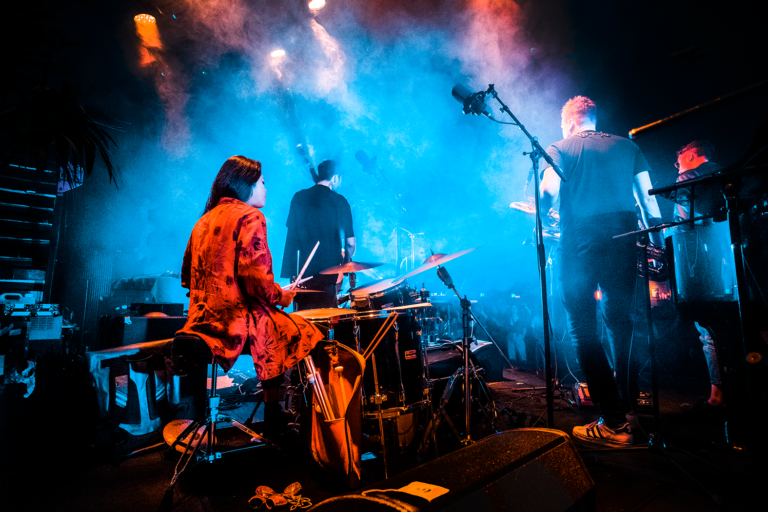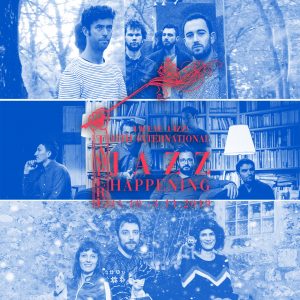It would have been difficult, if not impossible, not to give a voice to the first people concerned: the artists. We’ve asked three musicians with different professional backgrounds and aesthetic orientations, but who have been through our programs, to discuss the interests of our projects, their relevance and their professional and artistic contributions, as well as their shortcomings. In total freedom!
Faye MacCalman / hothouse in 2019-2020
Rafaëlle Rinaudo / Jazz Migration with Five 38 in 2014, Ikui Doki in 2016-2017 and Nout in 2021-2022
Amalia Umeda Obrebowska / International Jazz Platform and Footprints in 2021
While each of the schemes experimented with by Faye MacCalman, Rafaëlle Rinaudo and Amalia Umeda Obrebowska addresses different realities, the first thing that each of them stresses about hothouse, Jazz Migration or the International Jazz Platform is their comprehensive and holistic nature. This is how the Hothouse scheme in Manchester presents itself, “with a content that evolves according to the needs of the artists and therefore a different programme each year”; a transition from words to deeds that seems to be respected if we believe Faye’s feedback. Rafaëlle Rinaudo speaks of Jazz Migration as a “complete and targeted support”. Overall, the three artists are full of praise for these different projects, with Amalia Umada Obrebowska even going so far as to talk about her time with the International Jazz Platform as a “game changer” in her career!
Behind each of these schemes and on our presentation leaflets, there is something as subtle as it is important, like a sense of validation and acceptance from the industry.”Thanks to Jazz Migration, I have the great honour of having the institution say ‘your music is great, and on top of that, it can exist in this type of network’, and that was crucial for me. The program gave me an institutional recognition that I couldn’t get through the Conservatory or the university.“, this is how Rafaëlle Rinaudo- who had always felt that her harp and jazz playing were “underground”- perceived her first steps within the project.
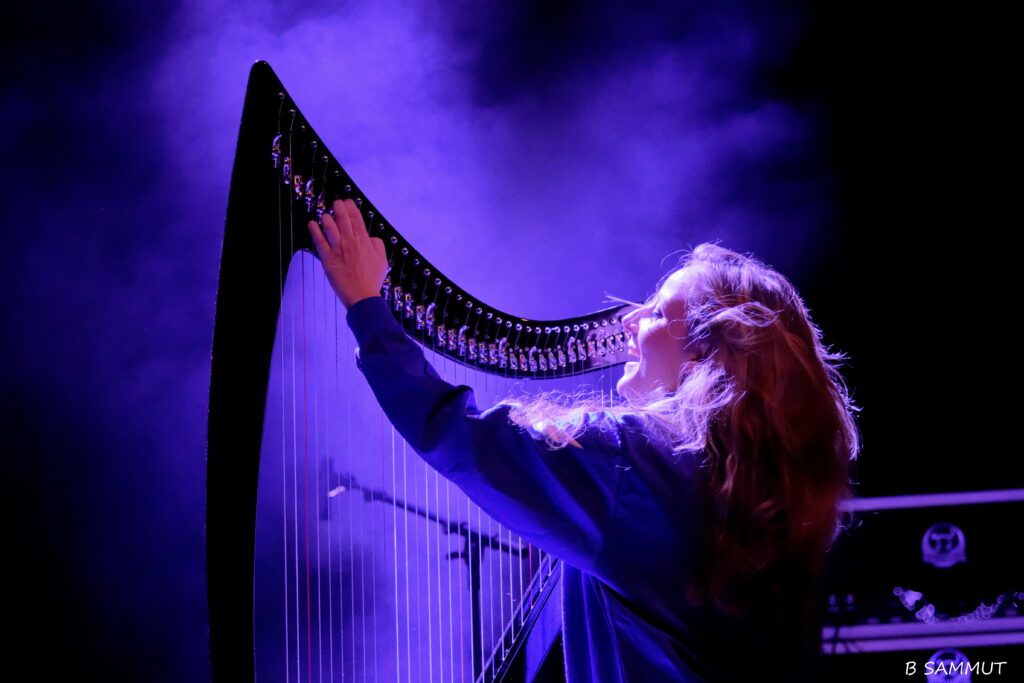
Howard Becker defined an art world as an artistic social world, and our entry into this world is as much dependent on our desire to enter it as on the acceptance of our peers. This notion of ‘validation’ seems even more prevalent in this case, as a musician starting out in the industry in the 2000s, like Rafaëlle: “Ten years ago, there were far fewer girls and Fanny and I were one of the first women’s groups to join Jazz Migration. Before, I was really wondering about having a career as a musician in this world and (…) when Fanny and I joined Jazz Migration, the message was ‘yes, it’s possible and you can make a living out of it’. I really received it as a signal.” For all the artists, and in particular for the women musicians who join them, these programs act as places of recognition and mechanisms of facilitated integration.
Being “validated” also means joining this “network” which has become essential for developing a career, especially in the field of jazz and improvised music. Amalia Umada Obrebowska explains that “thanks to this programme, I could expand my horizons and get new connections”. Faye MacCalman says that this is the most important thing she remembers about hothouse: “Having the opportunity to go to Paris (for Les Rencontres AJC in 2021) was probably the best part of the support to make those connections.”
“Making a network of people who are interested in this kind of music”, for Amalia, “meeting new people, playing my music in a new environment” for Faye, it’ s this shared constant that even allows the field of possibilities to be widened for these artists. As Rafaëlle also points out: “Jazz Migration also gave us possibilities, ways of imagining the world of show business differently, different ways of looking at the artistic world and, more simply, at our career.”

“Being an artist is definitely about having creativity and making your own art. where the musical skill part of it is very important. But what you also need is the practical parts of it as well. And they really helped us with that“. The non-artistic aspect is essential in the construction of each of our projects and this seems to have been perceived by Faye during her stay at hothouse. Rafaëlle Rinaudo insists, making “”Jazz Migration the only place where [she] could grow as a musician with people who allowed [her] to rework every aspect of the job.”
“They helped us with funding applications. They helped us with budgets” says Faye, “I can use more advanced promotion tools and build the international tour of my band now” points out Amalia, finally reminding us of what Rafaëlle emphasises when she says that “when you are a musician, you are a real Swiss army knife, the range of skills is extremely wide and to be able to have this personalised support on all these different aspects of the musician’s job is crucial”.
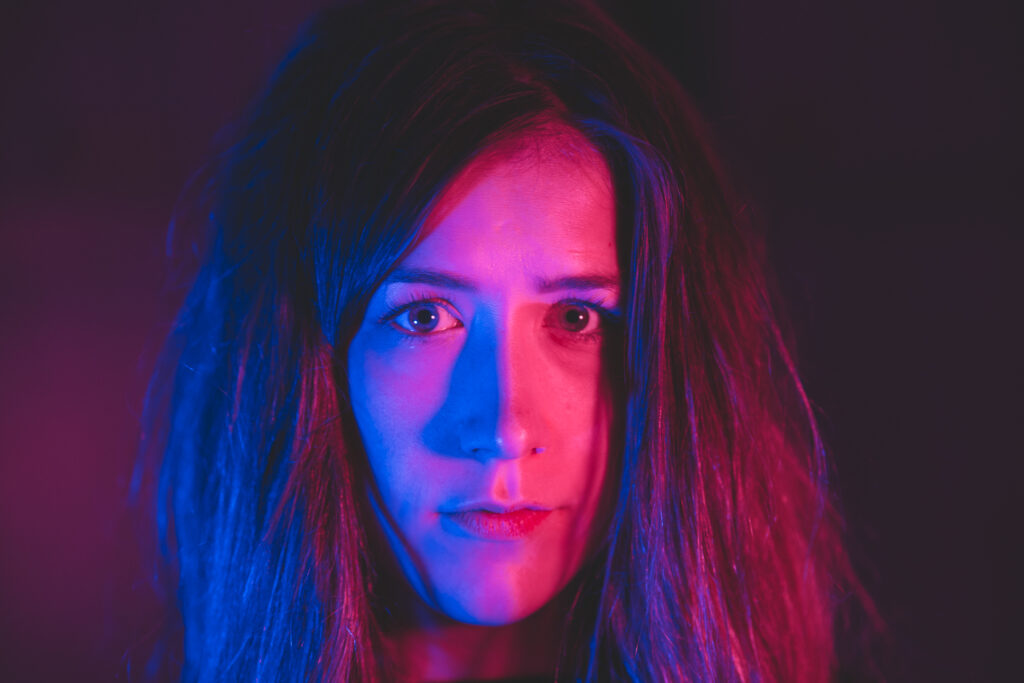
Although Amalia does not “perceive any limits and hope that these projects will expand with every new edition“, our projects are in the process of constantly questioning themselves, questioning the limits of their actions in order to come as close as possible to the needs and expectations of the artists who benefit from them.
The question of format is thus essential. Comparing our programs today with their original version would make too little sense- just look at the evolution of Jazz Migration over the last 20 years. Their contents are inevitably dependent on the contexts in which the artists evolve and the gaps that need to be filled. Faye speaks of a “kind of a privilege” to participate in hothouse as it is complicated “in the UK to have time to work on what you’re actually interested in and figure out what sounds you want to do next” without the support of a project like the one carried out by the Manchester Jazz Festival.
The duration of the support process, discussed several times in the study ‘Artist development in Europe in jazz and contemporay music’, is a crucial topic that is reflected in Faye’s words “I actually really liked hothouse being longer because it takes me quite a long time to write music. And I like having time to think about everything in quite a lot of detail.” Jazz Migration’s move from one to two years of support in 2015 meets this same need for long-term work alongside musicians.
“The spotlight is on you for a year or two, but at the end of the program, musicians need to renew themselves and anticipate this change of direction, which is quite important.” This is how Rafaëlle Rinaudo refers to one of the major challenges in these support projects, which can become “too comprehensive” and don’t make the transition out of the scheme easy enough. In order to avoid a potential “temporary halt in the group”, it is necessary to “rethink one’s artistic approach and reflect on one’s career over time”, according to Rafaëlle’s advice, who seems to be ready for anything with her latest project, Nout, which passed through Jazz Migration between 2021 and 2022.
These schemes are seen – and thought of – as a first step, a facilitator that needs to be nurtured, maintained, to be as useful as possible. So when asked to think about the next step, Faye MacCalman, Amalia Umeda Obrebowska and Rafaëlle Rinaudo all imagine the need to pursue the opening of these projects. Whether it is a question of opening up the worlds of jazz to these young artists – “it should make a big network of connections, not only between artists, agents and bookers, but also with media, journalists, broadcasters and other musicians” – or to other playing fields: “it could spread over Europe to open the audience and bookers for exchange of different improvised music styles”, as Amalia says.
Faye, for whom European outreach is even more of a necessity now, makes the same observation: “because of Brexit it feels really important to have those connections. And it just really helps with feeling like not as isolated, going to an event like les Rencontres AJC, that and meeting lots of people from all over Europe.”
This European mindset is coupled with a strong environmental awareness today, which relies on this “European network [which] is extremely well structured” that Rafaëlle is now familiar with, and encourages, like other European jazz actors, “to develop European touring systems (within Jazz Migration) that offer everyone the opportunity to be more environmentally responsible”.
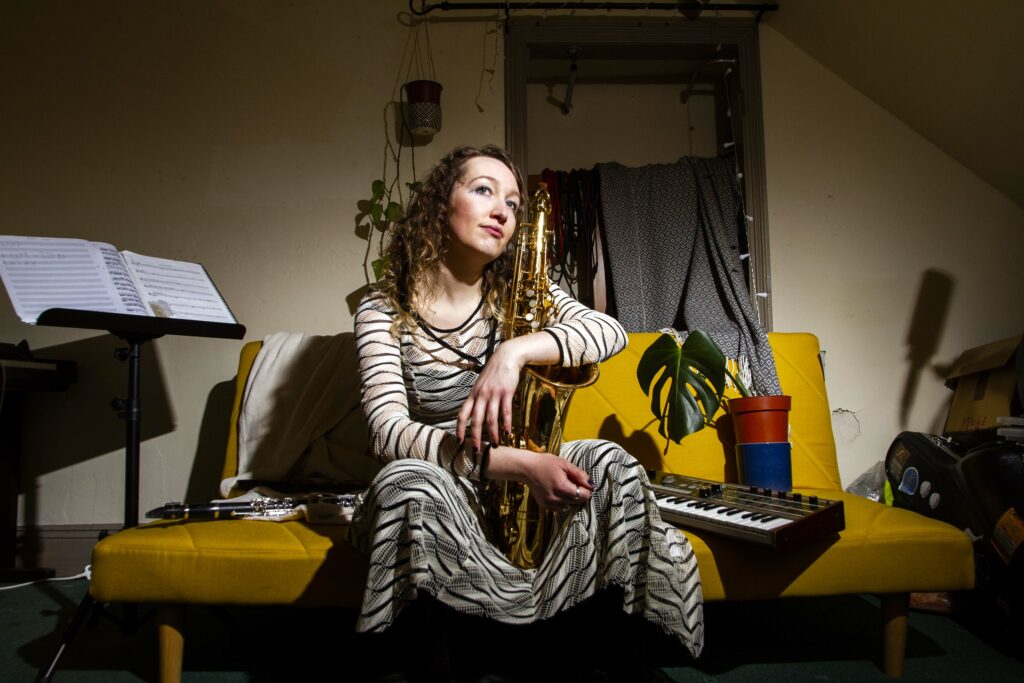
Amalia’s wish after her participation in the International Jazz Platform is to open up these projects to more European exchanges with all the relevant professionals as well as to new audiences; carrying on the history of these musics, which are always nourished and defined by encounters, dialogue and diversity. It is also our daily ambition!
Antoine Bos & Léna Kehaili

